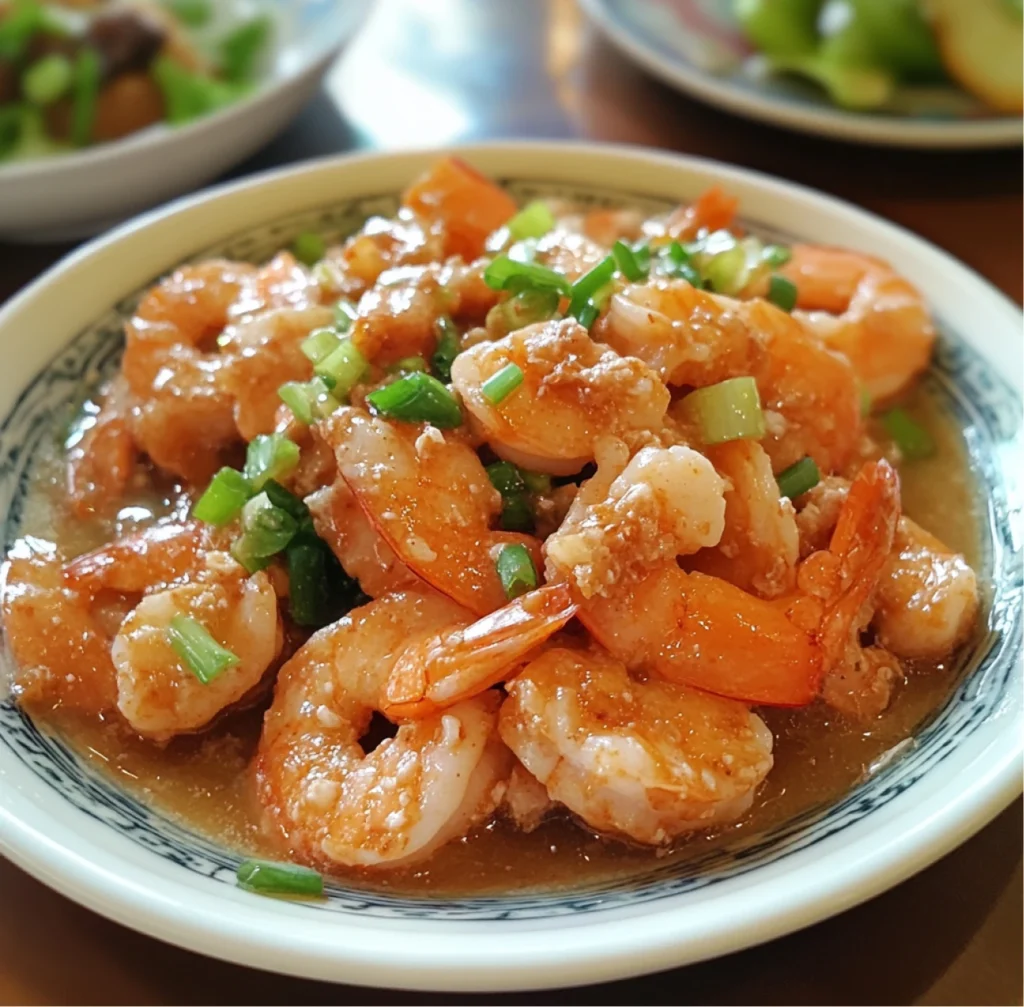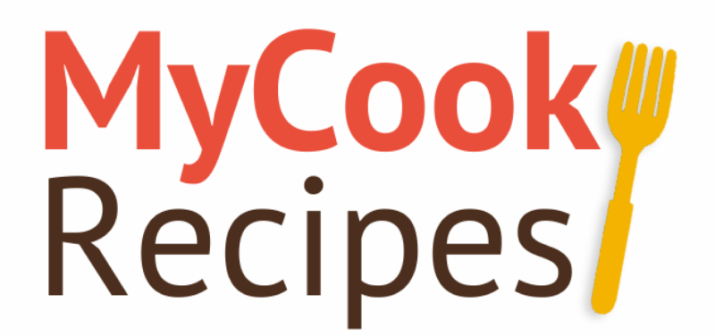
Whether you’re recovering from dental surgery, dealing with tooth extractions, or managing sensitive teeth, knowing which soft foods to eat can make a world of difference in your recovery. Soft foods help protect your gums and teeth from irritation while still providing essential nutrients.
Soft foods are especially important after dental work when you need to avoid putting pressure on your gums and teeth. According to Healthline, incorporating foods like mashed potatoes, yogurt, and scrambled eggs ensures you’re nourishing yourself without causing discomfort. Additionally, as highlighted in Colgate’s soft food guide, smoothies and soups can be excellent meal options, as long as they’re not too hot.
For more ideas on soft and easy-to-eat dishes, check out our guide on What are some good soft foods? for meal inspiration that goes beyond the basics.
What Are Soft Foods?
Soft foods are foods that are easy to chew and swallow, making them ideal for people with dental sensitivity or those recovering from oral surgery. These foods reduce the risk of irritating healing gums and teeth while allowing you to maintain a balanced diet.
Characteristics of Soft Foods:
- Easy to chew and swallow
- Soft texture and low acidity
- Gentle on gums and teeth
- Often high in moisture content
Common examples of soft foods include mashed vegetables, soups, yogurt, and bananas.
Best Soft Foods After Dental Work
After procedures like tooth extractions or wisdom teeth removal, you need to focus on foods that promote healing while being easy on your teeth and gums. Here’s a comprehensive list of the best soft foods for post-dental work recovery:
27 Soft Foods to Eat After Dental Work:
- Apple sauce
- Yogurt
- Soups (without hard, crunchy ingredients)
- Mashed potatoes
- Scrambled eggs
- Avocados
- Bananas
- Oatmeal (smooth and not too thick)
- Ice cream (avoid hard toppings)
- Smoothies (skip the straw to avoid disturbing healing areas)
- Milkshakes (eat with a spoon)
- Cottage cheese
- Hummus
- Soft tofu
- Jell-O
- Rice (well-cooked)
- Pudding
- Soft cheeses like ricotta or goat cheese
- Fish (soft varieties like tilapia or cod)
- Well-cooked pasta
- Mushy peas
- Beans (well-cooked and soft)
- Meatloaf (moist and tender)
- Deli meats (thinly sliced)
- Tuna salad or chicken salad (without crunchy additions)
- Soup-soaked bread
If you’re looking for more recipe inspiration, visit our collection of soft food dinner ideas to create a balanced meal while ensuring you stick to a soft food diet.
Nutrient-Rich Soft Foods for Recovery
While you’re on a soft food diet, it’s important to consume foods that provide adequate nutrition. You don’t want to sacrifice vitamins and minerals, which are crucial for healing and overall health.
Nutrient-Dense Soft Foods:
- Avocados: Rich in healthy fats and vitamins.
- Greek yogurt: High in protein and probiotics, which support gut health.
- Mashed sweet potatoes: Packed with vitamins A and C to support healing.
- Eggs: A fantastic source of protein, easy to prepare in soft forms like scrambled or boiled.
- Salmon: A soft fish that is high in omega-3 fatty acids, which help reduce inflammation.
Incorporating these nutrient-dense foods into your diet ensures that you’re nourishing your body while staying mindful of your teeth and gums.
Soft Foods for Long-Term Dental Sensitivity
If you have long-term tooth sensitivity or gum issues, regularly incorporating soft foods into your diet can help prevent discomfort. These foods are easy to chew and digest, making them gentle on your teeth.
Long-Term Soft Food Options:
- Smoothies: A great way to consume fruits and vegetables without putting pressure on your teeth.
- Steamed vegetables: Cook vegetables like carrots, spinach, and zucchini until soft.
- Egg dishes: Scrambled eggs, omelets, or poached eggs are all easy to eat.
- Steamed fish: Soft, flaky fish like salmon or tilapia provides nutrients without being hard on your teeth.
- Well-cooked grains: Rice, quinoa, or oatmeal are easy on teeth and gums when prepared well.
For more ideas on soft foods that can help with long-term sensitivity, take a look at our post on What to eat when you can’t chew: A guide to soft foods.
Foods to Avoid After Dental Surgery
Just as important as knowing what to eat is knowing what to avoid. Some foods can irritate your gums or dislodge blood clots, which can delay recovery.
Foods to Avoid:
- Spicy foods: Can irritate sensitive gums.
- Crunchy foods: Chips, nuts, and crackers can damage healing tissues.
- Hot beverages: Hot drinks can disturb healing gums.
- Acidic foods: Citrus fruits and juices can irritate sore areas.
- Seeds and nuts: These can easily get lodged in healing wounds.
- Straws: Avoid using straws as the suction can dislodge blood clots, leading to dry socket.
Tips for Safe Eating After Dental Work
Eating safely after dental surgery or while managing sensitive teeth is crucial for a smooth recovery. Follow these tips to ensure you’re getting the right nutrition while protecting your teeth and gums:
Safe Eating Tips:
- Take small bites: Reducing bite size minimizes pressure on your teeth and gums.
- Avoid straws: Using straws can dislodge healing clots and cause complications.
- Stay hydrated: Drinking water aids in the healing process.
- Rinse gently: Use warm salt water after meals to clean your mouth without disrupting healing areas.
Simple Soft Food Recipes
Here are a few easy-to-make soft food recipes that will provide nourishment without compromising your recovery:
1. Mashed Sweet Potatoes
- Ingredients: Sweet potatoes, butter, cinnamon.
- Directions: Boil the sweet potatoes until soft, then mash with butter and cinnamon.
2. Smoothie Bowl (No Seeds)
- Ingredients: Banana, Greek yogurt, almond butter.
- Directions: Blend ingredients until smooth. Spoon into a bowl and top with soft fruits like mashed berries.
3. Scrambled Eggs with Avocado
- Ingredients: Eggs, milk, avocado.
- Directions: Scramble the eggs with a splash of milk, then serve with mashed avocado for a filling, soft meal.
FAQs About Soft Foods for Teeth
- What are the best soft foods to eat after wisdom teeth removal?
Stick to foods like apple sauce, yogurt, mashed potatoes, and scrambled eggs. These options are gentle on your teeth and gums. - How long should I stick to soft foods after dental surgery?
Most dentists recommend following a soft food diet for 7-10 days until your gums and teeth are fully healed. - Can I drink smoothies after dental surgery?
Yes, but avoid using a straw to prevent disrupting healing areas. It’s better to use a spoon to eat your smoothie.
Conclusion
Incorporating soft foods into your diet is essential after dental surgery or for those with sensitive teeth. These foods provide the necessary nutrients for recovery without putting stress on your teeth or gums. With the right approach, a soft food diet can be both delicious and nutritious, supporting your healing process while ensuring you enjoy your meals.
